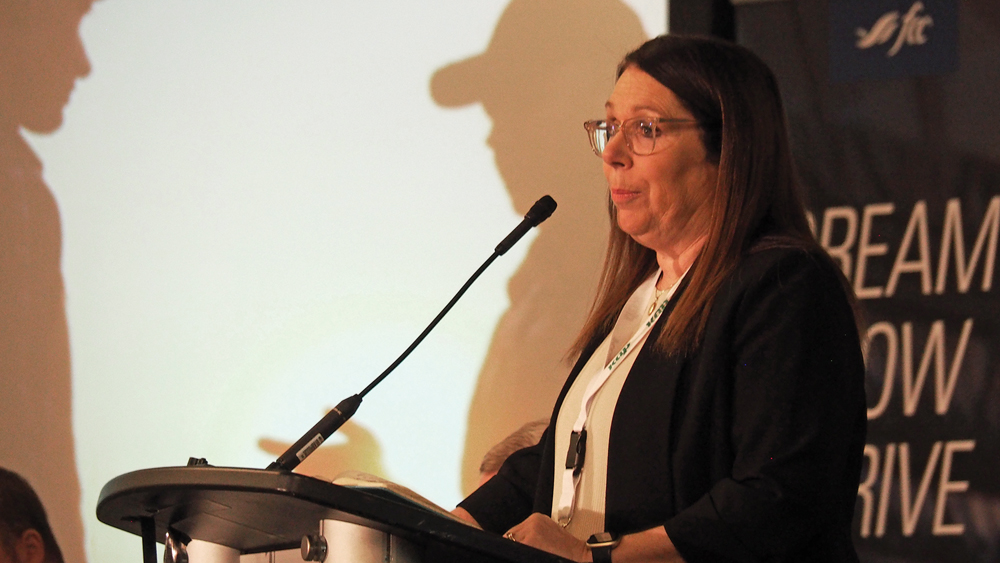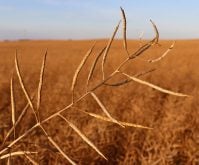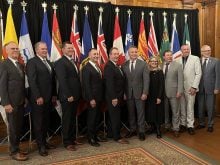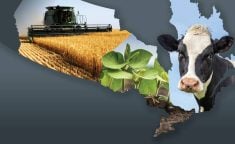Keystone Agricultural Producers had Manitoba’s new government top of mind when the general farm group met for its fall advisory council meeting Nov. 8.
“Our team has already engaged with the NDP for the past year, and we believe that we have a strong working relationship with them,” said KAP President Jill Verwey.
Why it matters: KAP will spend the next four years engaging with the new provincial government on ag issues, which may be a challenge with so few agriculturally experienced people in the legislature.
Read Also
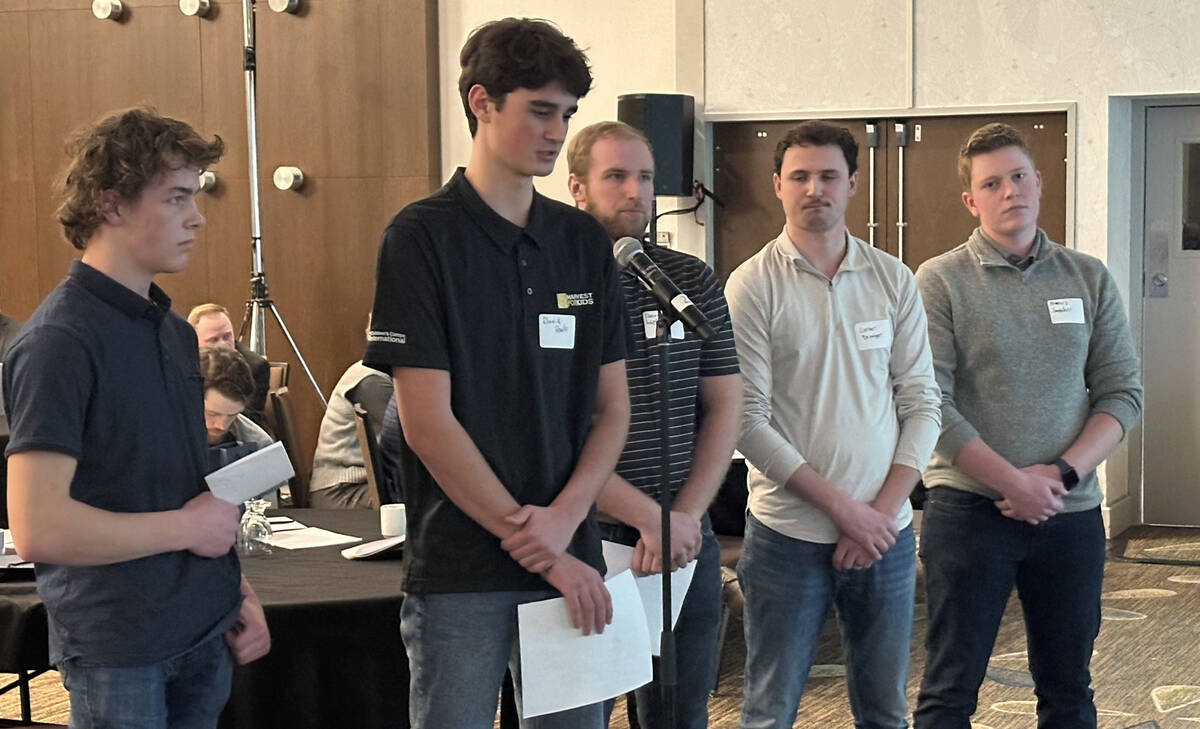
Students push for Manitoba road upgrades
Manitoba’s lack of higher-rated RTAC roads creates irritating highway detours and weight restrictions for farmers, University of Manitoba students told KAP.
The province’s agriculture minister, Ron Kostyshyn, as well as Progressive Conservative agriculture critic Jeff Bereza, were invited to make comments during the meeting.
“We believe that this is a great start for our relationship,” said Verwey.
While she emphasized relationship-building with the new government, she acknowledged the challenges facing KAP in that goal because there is less representation for agro-Manitoba in the province’s governing party. With the exception of Kostyshyn’s region around Dauphin, NDP MLAs stem largely from northern or urban districts. Progressive Conservative MLAs represent most regions outside Winnipeg.
“We’re aware that the new government will have fewer rural and ag voices around the table,” said Verwey. “This is something that KAP will be incorporating as we implement our new government relations strategy.”
Political comments
In his remarks, Kostyshyn noted KAP’s role in the ag sector and mentioned a number of issues the farm group raised during the provincial election, including rural crime and rural connectivity.
“We are continuing to work on identifying gaps in our rural service delivery,” he said. “We want to ensure that we accurately identify where these gaps are, and engagement with organizations such as KAP is extremely important.”
Kostyshyn also touched on sustainable farming practices, noting KAP’s efforts to help administer environmental farm plans.
Those assessments are voluntary, but are often a requirement for producers who want to tap government cost-share programs like beneficial management practice funding. The environmental farm plan process went from paper hardcopy to online last year. KAP was tagged to help develop the digital platform.
“As we move forward, the environmental farm plans will become more important, certifying that our producers are strong stewards of the land,” said Kostyshyn.
Other business
The advisory council also heard from presenters who highlighted various projects or programs of interest to the ag sector.
Deputy Minister of Agriculture Brenda DeSerranno outlined details of the province’s Sustainable Agriculture Manitoba program, the main vehicle for beneficial management practice funding.
The Manitoba Forage and Grassland Association spoke on its Aquanty water modelling tool that has been used local governments and regional organizations for water management plans. Most recently, the association has been working on a tool to allow producers to forecast water flow on their land.
KAP also heard from the University of Manitoba’s Martin Entz, who spoke on achieving net-zero carbon emissions on farms.
Resolutions
One resolution resolved that KAP should lobby the provincial government to raise the $2 million yearly gross revenue cap for the Disaster Financial Assistance program, which provides funds for uninsurable losses in the case of natural disasters like flood or major storms.
District 3 director Colin Penner spoke in favour of the motion.
The resolution was sparked by a member of Penner’s district who suffered a flood this year that eroded part of a dike. The member repaired it, but because the cost was more than $2 million, he didn’t qualify for the program.
“This $2 million cap doesn’t really reflect current farming in Manitoba. So the ask is to raise the cap so that farmers can qualify for this disaster financial assistance,” said Penner.
Fellow director Les Felsch said he could not support the motion in its current form. He raised concern that, under the current program, farmers can repeatedly apply for funding for the same issue.
“In this case, the dike was repaired and, next year, he can go back and repair it again if he has the same water issues,” said Felsch. “There are lots of other programs out there or BMPs to help mitigate the problem. I think that that should be added to part of the resolution.”
The resolution was passed without amendments.


